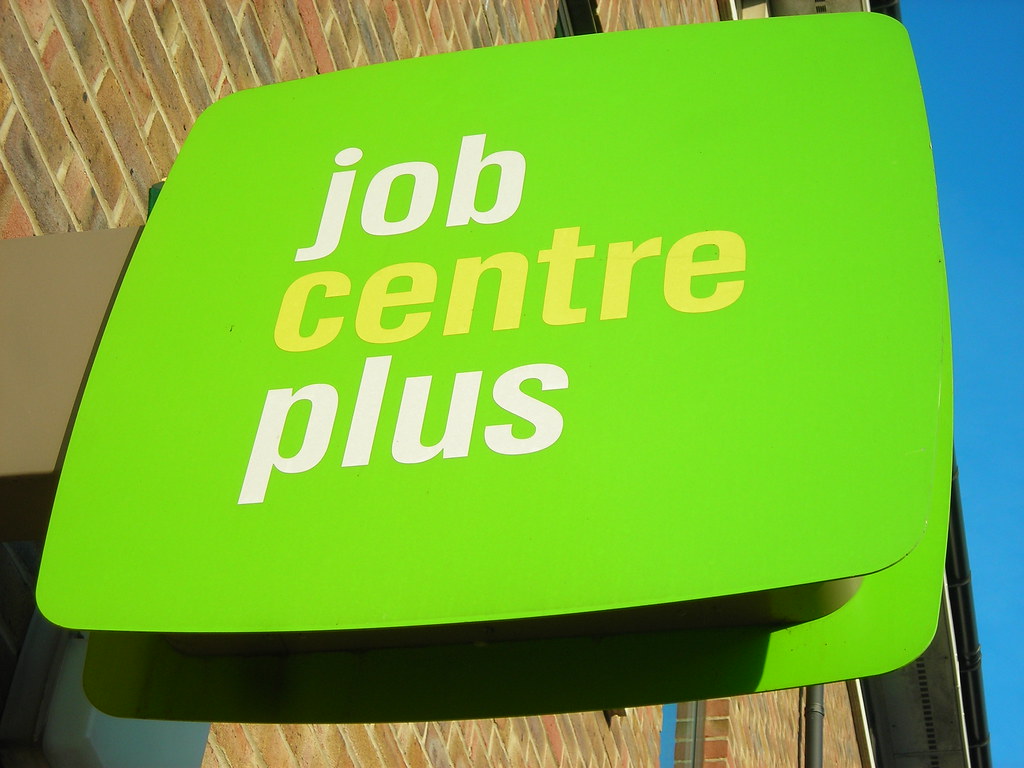Councils in England will receive £53.9bn in funding for the coming financial year, announces the Levelling Up Secretary.
The funding package sees the largest cash-terms increase in grant funding for 10 years, making an extra £3.5bn available compared to 2021-22, including more than £1bn of additional funding for social care.
The package also includes a one-off grant worth £822m for councils to spend on frontline services.
From next year, the amount council tax can be increased by without a vote has been reduced to 2%, with an extra 1% for councils with adult social care responsibilities, which is reflected in the funding increase.
Secretary of State for Levelling Up Rt Hon Michael Gove said: ‘Councils continue to deliver for their communities and have a major role to play in our central mission of levelling up the country.
‘Today’s funding package represents a real-terms increase from last year’s settlement and will make sure councils can improve vital frontline services, support vulnerable people and protect residents from excessive council tax rises as we build back better form the pandemic.’
The funding package also includes £554m for the New Homes Bonus, bringing the total amount of funding under this scheme to incentivize building new homes to £10bn.
It also provides £111m to councils with responsibility for services such as homelessness, planning, recycling and refuse collection and leisure services, and an additional £85m for rural councils.
Responding to the 2022/23 provisional Local Government Finance Settlement, Cllr James Jamieson, Chairman of the Local Government Association, said: ‘It is good that government has listened to our call to publish the provisional settlement ahead of the Christmas period. This provides certainty on the allocation of the £1.6 billion for councils in the next year as announced in the Spending Review.
‘The increase in grant together with council tax raising powers confirmed today, will support councils to meet extra cost and demand-led pressures next year to keep providing services at pre-pandemic levels.
‘However, for that to happen every council will have to raise council tax by the maximum next year. This leaves them facing the tough choice about whether to increase council tax bills to bring in desperately-needed funding at a time when they are acutely aware of the significant burden that could place on some households.’
He added: ‘While the additional funding for adult and children’s social care is good, it will not go far enough in addressing the very real existing pressures these vital services face. With the spread of Omicron, COVID-19 pressures are intensifying and costs are rising, underlining the urgency for government to extend outbreak funding for councils beyond March, to tackle rising cases and meet a surge in demand for local contact tracing.
‘The public health grant also needs to be published as soon as possible, so councils know how much they can budget for essential services to help keep people healthy throughout their lives, including for treating drug misuse and tackling obesity.
‘Following today’s provisional settlement, the Government should now provide clarity on which local government funding reforms will happen and when. It needs to push ahead with the Fair Funding Review, including looking both at the data and the formulas used to distribute funding. We look forward to resuming our work with the Government on the Review to ensure overall local government funding is sufficient when any funding distribution changes are introduced and that no council sees its funding reduce as a result.
‘While funding reforms make it difficult for a government to set out a multi-year settlement for local government, this is the fourth one-year settlement in a row for councils which continues to hamper financial planning and their financial sustainability. Only with adequate long-term resources, certainty and freedoms, can councils deliver world-class local services for our communities, tackle the climate emergency, and level up all parts of the country.’
Photo by Philip Veater


















Leave a Reply